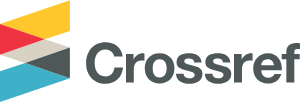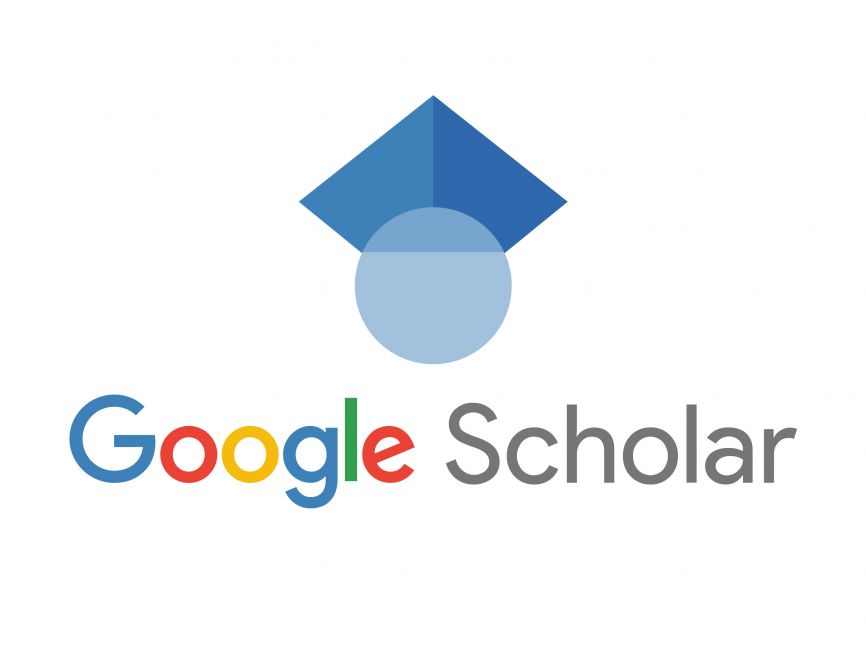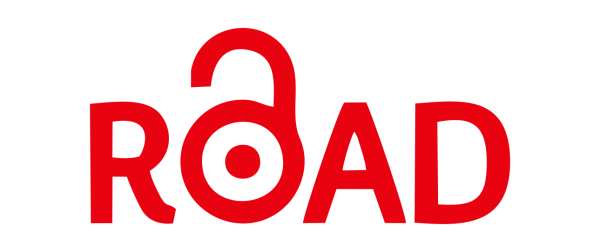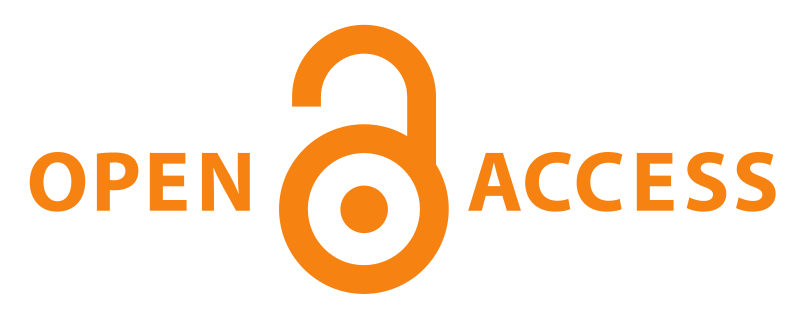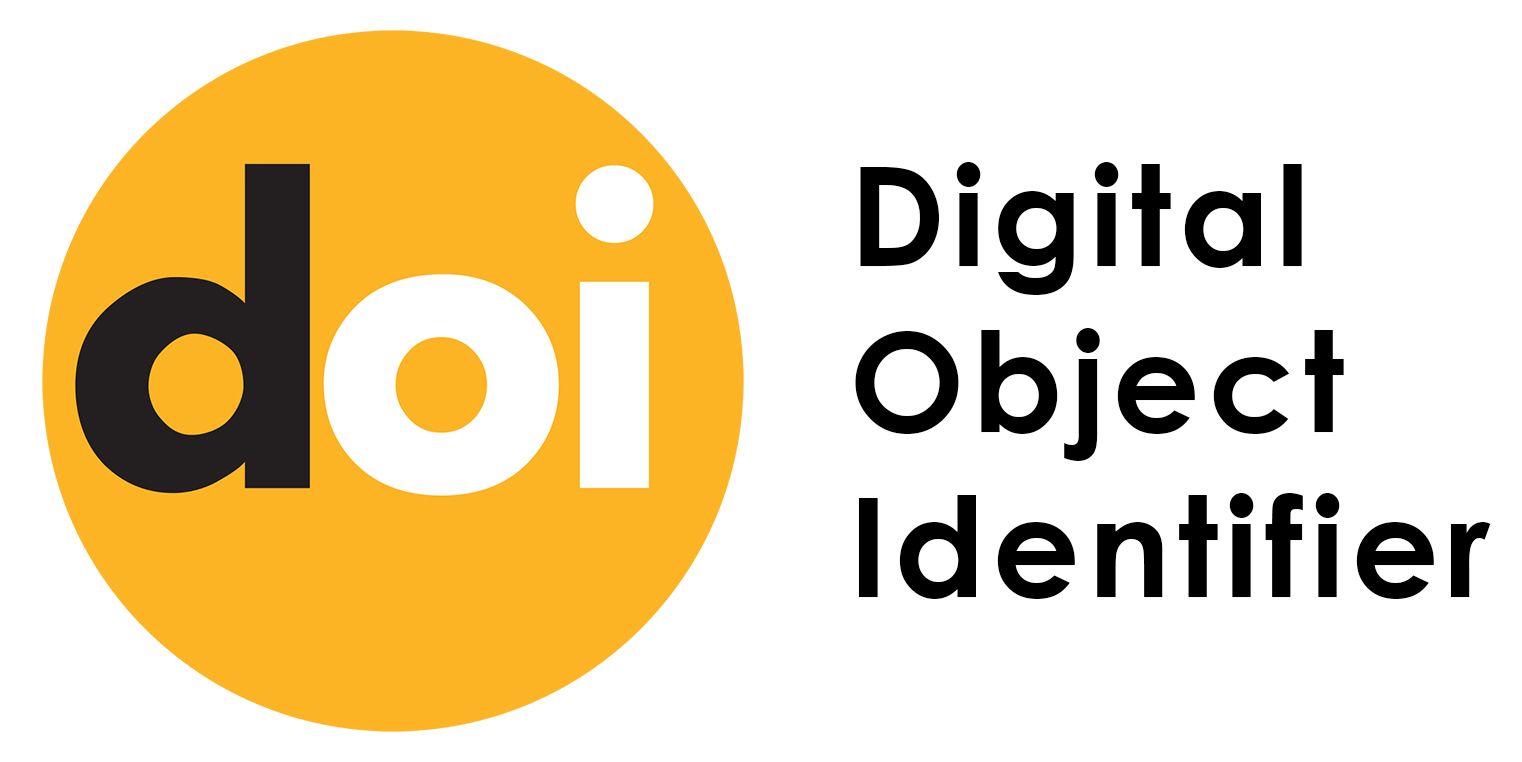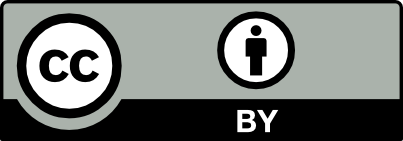Editorial Policies
The authorship guidelines by the Committee on Publication Ethics (COPE) and the GPP3 with respect to authorship will be followed.
While submitting a manuscript the corresponding author should ensure that it follows the journal’s policies and all of the authors have reviewed and agreed on the content.
Advertisements
Advertisements from external parties are not accepted in the journal.
Affiliations
All authors need to disclose their affiliations to indicate the location of the conductance of the research work stated in the manuscript. Change in affiliation does not indicate the removal of an authors from authorship. If the author changes affiliation due to the transfer from the parent institution to a new intuition before the publication of the work, his affiliation during the work will be listed as the affiliation. The acknowledgement section can be used to indicate the contact details and the new affiliation in case there is a change in the affiliation of the author(s).
Appeals and Complaints
Editor-in-Chief is responsible to address complaints with respect to the authorship, peer review process and post-publication issues. The complaints from the concerned person(s) will be handled in considering the information from all affected parties and in compliance with ethical standards outlined by COPE. The publication process may be paused until the matter is resolved. If the Editor-in-Chief is the complainant, the most senior member in the editorial board will handle the process and will make the recommendations.
What is publication ethics? | COPE: Committee on Publication Ethics
Acknowledgment
Proper acknowledgement to the personals who have contributed to the article, but do not qualify as author(s) should be acknowledged in the ‘Acknowledgments’ section. The role of contributions can be supervising, funding acquisition, study design, data collection, analysis, technical assistance, etc. Authors must obtain permission from those they wish to acknowledge and share the article for context verification.
Contributions from AI tools for content generation must be explicitly acknowledged in the article. Authors are responsible for ensuring the accuracy, originality, and integrity of their content while using these tools within the framework of editorial policies and publishing ethics.
Authorship
All contributing authors must be listed in the article to acknowledge their significant contributions and maintain transparency regarding responsibility for the content's integrity.
Authors must meet the following criteria:
- Contribute significantly to the conception, design, execution, data acquisition, analysis, interpretation, or all of these.
- Draft or substantially revise the article, or critically review it.
- Agree on the journal to which the article will be submitted.
- Review and consent to all versions of the article throughout the submission and revision process.
- Assume accountability for the article's content and share responsibility for addressing any inquiries regarding its accuracy or integrity.
Changes in authorship, whether before or after publication, require agreement from all authors involved, including those being added or removed. The corresponding author is responsible for confirming this with co-authors and providing a rationale for any changes. Post-publication changes will be documented via a notice, and requests for significant alterations may be denied unless justified with clear reasons and evidence of contributions.
Contribution Details
Contributors are expected to describe their specific contributions to the manuscript, categorized into areas such as concept, design, literature search, data acquisition, and manuscript preparation. These contributions will be published alongside the article, and designated authors will be responsible for the work's integrity from inception to publication, acting as 'guarantors'.
Authors Duties
Reporting Standards
It is the duty of the authors to give accurate and objective description of the work they are submitting to the journal. The significance of the work and the data should be discussed properly. The raw data should be accessible for at least two years post publication. Unethical practices related to inaccurate or wrong statements, frauds and data manipulation should be strictly avoided.
Originality, Plagiarism, and Concurrent Publication
The manuscript should be solely submitted to this journal only, and simultaneous submission to different journals at the same time is unethical. The work should be original in all forms and the contributions from coworkers should be properly acknowledged. Plagiarism in any form is unacceptable. The journal will use plagiarism detection software and if significant plagiarism is found the COPE guidelines on plagiarism will be followed.
Disclosure and Conflicts of Interest
Any financial or conflicts of interests from all authors should be disclosed in the manuscript. The sources of funding needs to be appropriately acknowledged.
Authorship of the Paper
The corresponding author is the submitting author of the manuscript to the journal. He should collect the consent from all authors included in the final version of the manuscript to submit the manuscript. All co-authors who worked on the manuscript may be listed as authors and their contributions can be highlighted appropriately. Acknowledgement to less contributive co-workers can be included in the acknowledgement section.
Fundamental Errors in Published Works
The corresponding author has the right to inform the editor about any error in the published work post-publication. The editor can be collaborated to either retract the paper or correct it according to the policies of the journal.
Citations
Both research and non-research articles must reference relevant, timely, and verified literature to support their claims. Excessive self-citation or collusion among author groups to cite one another improperly is considered misconduct known as citation manipulation. Non-research authors should ensure their references are relevant and objectively represent the current state of research without bias toward specific groups or journals. If uncertain about citing a source, authors should consult the journal's editorial office.
Conflicts of Interest/Competing Interests
Conflicts of interest (COIs) arise when external factors could be perceived to influence the neutrality of the work. Authors must declare any potential conflicts to allow informed decision-making. This declaration does not necessarily prevent publication or involvement in the review process. All authors must disclose any relevant competing interests, whether financial or non-financial, that could influence the research or its interpretation.
Financial interests may include employment, collaborations, grants, personal fees, patents, or benefits related to product development. Non-financial interests may involve access to data, board positions, or personal beliefs relevant to the content. All authors must complete a competing interest declaration, which will be included in the Disclosure section of the article. If there are no competing interests, the statement "The authors declare that they have no competing interests" will be added.
Corrections, Expressions of Concern, and Retractions
If changes to a published article are necessary, the Editor, with support from journal staff, will ensure adjustments are made following COPE guidelines. Changes will be noted with a permanent post-publication notice linked to the original article. Corrections may address errors without compromising scholarly integrity, while retractions will occur for significant errors or misconduct. The journal will ensure clarity regarding retractions and maintain links between the retracted and original articles.
An Expression of Concern may be issued for serious allegations pending investigation, with a Retraction or Correction notice following once concluded. A Removal notice may be issued in rare cases where retractions or corrections are inadequate due to legal issues.
Confidentiality
Submitted manuscripts are confidential and will not be disclosed except to those involved in the publication process, including editorial staff, authors, reviewers, and editors. In cases of suspected misconduct, manuscripts may be shared with relevant ethics committees.
Copyright Policy
Who Can Submit?
Any individual who owns the copyright or has authorization from the copyright owner can submit an original manuscript for consideration. Authors retain initial copyright ownership before publication.
User Rights
YJES is an Open Access journal allowing users to read, download, copy, distribute, print, search, or link to articles under CC BY 4.0 conditions.
Open Access Policy
The journal operates under an Open Access model, enabling users to access articles freely while attributing the original authors and source.
Author Rights
Authors will assign copyright to the publisher (Yanbu Industrial College) alongside publishing and distribution rights.
Data Falsification/Fabrication
Deliberately manipulating or fabricating data is a serious misconduct that undermines scholarly integrity. Authors must ensure that all data in their manuscripts accurately represent their work and retain raw data for evaluation. Failure to produce original data upon request may result in manuscript rejection or retraction.
Data Sharing Policy
The journal advocates for research data sharing to enhance transparency and reproducibility. Authors should make data publicly available whenever possible, barring privacy or legal constraints.
Data Availability StatementsAuthors must include a Data Availability Statement in their manuscripts, clearly indicating where data can be accessed or explaining any restrictions.
Desk Rejection Policy
Manuscripts may be desk rejected for reasons such as:
- Irrelevant topic or scope.
- Ethical concerns or plagiarism (similarity index over 25%).
- Insufficient impact or contribution to knowledge.
- Flaws in study design.
- Unclear study objectives.
- Incomplete or problematic organization.
- Writing issues or grammatical errors.
- Non-compliance with submission guidelines.
Editors Duties
Editorial Decisions
The editorial board will determine which submitted articles should be published. Board members discuss and consider reviewer recommendations while adhering to legal standards concerning copyright violations and similarity. The decisions remain impartial and should not be influenced by any of the criteria such as religion, race, political beliefs, ethnicity or nationality of the authors.
Conflicts of Interest, disclosure and confidentiality
Editors must keep information about submitted manuscripts confidential, sharing it only with the corresponding author and reviewers. Unpublished information from a manuscript should not be utilized in any editor’s or reviewer’s research without explicit written consent from the author. The funding sources for the research should be available to the readers and any influence those funders may have had on the research or its publication.
Author Relations
Editors should aim prompt, impartial and fair peer review process. The submissions from editorial board members will be reviewed with specific journal policies to get an unbiased review. Authorship guidelines are developed to understand who can submit the manuscript to the journal.
Reviewer Relations
Reviewer should check the ethical issues and potential misconduct related to the submissions. He should report data manipulation, inappropriate research design, and redundant publication. If plagiarism id detected that also can be reported. Reviewers' comments will be shared in full with authors, deleting any offensive or defamatory remarks. The contributions of reviewers are regularly recognized, and those who consistently provide unprofessional or low-quality reviews may be excluded from future review processes.
Quality of the review process
The quality of the published manuscript needs to be topmost and it is the responsibility of the editor and he/she should ensure the quality of the different sections in the manuscript according to the aims and policies. They should confirm that the research has received the appropriate ethical approvals if needed. Intellectual property rights related to the articles must be taken care of by the editors to avoid any legal issues. Proper care should implemented to avoid misleading statements of errors in the article.
Funding
Authors must declare all funding sources in their manuscripts and clarify the role of sponsors in any phase of the research process.
Images and Figures
Images and figures should only be included if they add value to the article. Authors must secure written permissions for third-party copyrighted material and ensure images are accurately represented. Modifications must be disclosed, and authors are required to provide original images upon request. Any significant alterations that could mislead readers are prohibited.
Misconduct
The journal takes misconduct seriously and will act in accordance with COPE guidelines to maintain scholarly integrity. Misconduct examples include but are not limited to affiliation misrepresentation, copyright breaches, citation manipulation, and data fabrication.
Duplicate Submission
Manuscripts that are simultaneously under review or published elsewhere will face sanctions. Authors must cite previous work used in their submissions and demonstrate how their current manuscript offers novel contributions.
Citation Manipulation
Manuscripts containing citations aimed solely at inflating citation counts will incur sanctions for citation manipulation.
Improper Author Contribution or Attribution
The co-authors and the corresponding authors should have a meaningful contribution to the research article. All should approve the contributions from the coworkers. It will be good practice to acknowledge the contributions from technicians and students if any.
Redundant Publications
If the study outcomes are split in to multiple articles it can be considered as redundant publications. Such practice is inappropriate. Misconduct violates editorial policies, journal standards, and COPE guidelines. Any suspected misconduct will be investigated accordingly.
Reviewers Duties
Editorial Decision Support
The decisions with respect to the manuscripts are taken by editorial board. Reviewers have significant role to support the editors to finalize the decisions. Reviews should be objective, clearly articulated, and backed by reasoning to assist authors in enhancing their work. Personal attacks on authors are unacceptable.
Qualification of Reviewers
Reviewers can withdraw from invitation to review. Those who feel unqualified to evaluate a manuscript or foresee delays in the review process should inform the editor immediately. If there is conflict of interest between the article and the potential reviewer then they should report to the editor and should not accept the invitation to review.
Confidentiality
Review of manuscripts is a confidential job and the reviewer should do it with at mot secrecy. If any ideas or information is gathered from the manuscript under review process it should be kept confidential and should not be used for any personal works.
Acknowledgment of Sources
If a manuscript contains relevant published works related to it the reviewers should advice the author to add proper citation. They must ensure that references to others' ideas are appropriately cited. Reviewers should also alert the editor to any significant similarities with other published works they are aware of.
Peer Review Process
All manuscripts undergo peer review to meet academic standards. After the editor's approval, submissions are reviewed by anonymous peer reviewers. The editorial board makes the final acceptance or rejection decision based on the reviewers’ recommendations. The Research Integrity team may seek external advice for submissions with serious ethical implications.
Plagiarism
The journal maintains a strict anti-plagiarism policy, rejecting submissions that plagiarize, duplicate previously published work, or engage in self-plagiarism. The corresponding author is responsible for the manuscript throughout the evaluation and publication process, with all submitted manuscripts screened for plagiarism. Any manuscript found to contain plagiarized material will not be considered for publication.
Special Issues
Special Issue Topics
The editorial team determines the topics for special issues, typically announced at the end of each year. Submissions follow the same guidelines as regular issues, and potential authors are encouraged to review submission guidelines. Calls for submissions will be included in the current year's special issue announcements.
Appointment of Guest Editors
Guest Editors for special issues are chosen based on their expertise and academic reputation. Nominations can come from the editorial board, existing editors, or through self-nomination. Nominations are reviewed and approved by the Editor-in-Chief. Guest Editors define the special issue's scope, draft the call for papers, manage submissions, oversee peer review, ensure quality, and make final acceptance decisions in consultation with the Editor-in-Chief.
Editorial and Review Process
Journal online submission systems is used to receive manuscripts for the special issues. They will be screened by Guest Editors for scope and quality. The review process will be similar to the normal submission of articles to the journal. Guest Editors recommend acceptance or rejection, with final approval from the Editor-in-Chief. Accepted manuscripts are formatted, proofread, and published according to journal guidelines, and the special issue is promoted through distribution channels.
Publication Timing & Review Process
Submissions to YJES are accepted continuously and must adhere to the outlined submission types and author guidelines. YJES publishes twice a year, in June and December. Submissions are considered for publication once deemed ready, regardless of submission date. All issues, including special ones, follow the same editorial and review processes. Submissions are encouraged and welcomed.
Standards of Reporting
Verification and reproducibility of the research data is essential for any standard research. Authors should provide necessary descriptions related to rationale of the research, methods and results. Comprehensive reporting will help others to verify the data and reproduce the work for future developments.
Use of Third-Party Material
To reuse the third party materials authors should get necessary permission from the third party. The third party materials can include text, illustrations, photographs, tables, data, audio, video, and more. Short extracts for criticism and review can typically be used without formal permission.
Use of Generative AI and AI-Assisted Technologies in Writing
This policy pertains solely to the writing process, not to the use of AI tools for data analysis during research. In order to enhance the readability and language authors may use AI tools, not to replace critical authorial tasks such as generating insights or conclusions. All work must undergo careful review and editing, with authors responsible for the content. Disclosure of the use of AI tools to prepare the manuscripts must be done, if it is used to write the manuscript. AI should not be credited as a co-author, as authorship entails responsibilities only humans can fulfill. Each author is accountable for ensuring the work’s originality and for verifying compliance with authorship criteria.
Use of AI in Peer Review To safeguard authors' rights and research confidentiality, the journal does not currently permit the use of generative AI or AI-assisted technologies, such as ChatGPT, in the peer review process.

